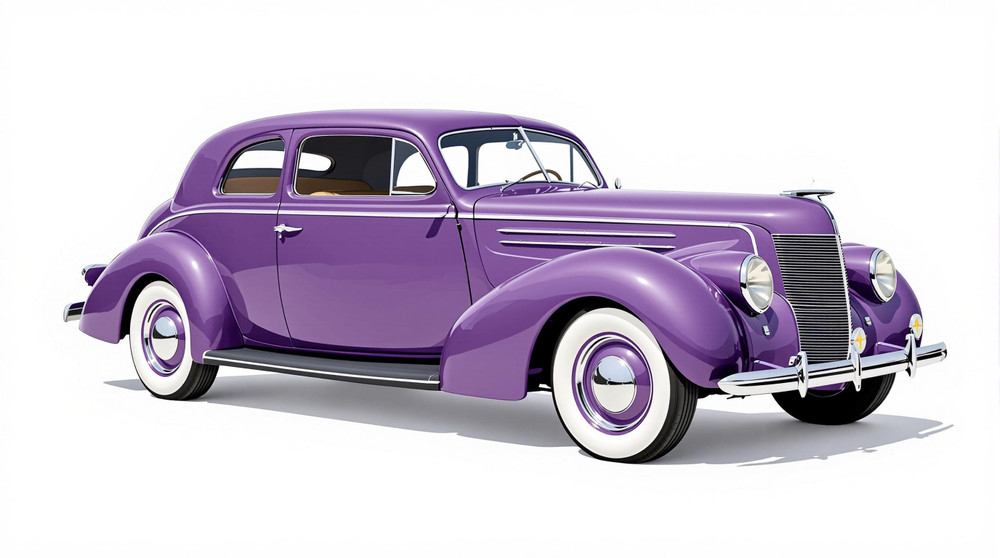Image of 1937 Lincoln Zephyr, Note: These illustrations use artistic license and may differ from actual historical models.
Performance Metrics
Fundamental Metrics
Emotional Appeal
MMP Rating
| Engine Specifications | |
|---|---|
| Engine: | V12 |
| Displacement: | 267 cubic inches |
| Horsepower: | Estimated 110 hp |
| Torque: | 200 lb-ft |
| Compression Ratio: | Estimated 7.2:1 |
| Ignition System: | Distributor and coil |
| Cooling System: | Liquid-cooled |
| Performance Specifications | |
| 0-60 Time: | Information not available |
| 1/4 Mile Time: | Information not available |
| Top Speed: | 90 mph |
| Transmission and Drive | |
| Drive Type: | Rear-wheel drive |
| Transmission Type: | 3-speed manual |
| Fuel and Efficiency | |
| Fuel System Type: | Carburetor |
| MPG: | Information not available |
| Dimensions and Brakes | |
| Brakes: | Drum brakes |
| Wheelbase: | 122 inches |
| Weight: | Estimated 3,600 lbs |
Note: Specifications for classic cars are given to the best of our ability, considering the limited and variant data available.
The 1937 Lincoln Zephyr: A Pioneering Blend of Art and Engineering
The 1937 Lincoln Zephyr not only turned heads on its debut but also set a precedent for automotive design and luxury. Born from the ambitious vision of the Ford Motor Company's luxury division, this vehicle emerged as an icon of pre-war American automotive ingenuity. The Zephyr's sleek lines and V-12 engine were a testament to Lincoln's commitment to elegance and performance. A notable moment in its history was when the Zephyr helped Lincoln survive the Great Depression, thanks to its relative affordability and advanced design.
Design and Innovation
The exterior styling of the 1937 Lincoln Zephyr was nothing short of revolutionary. Its teardrop shape, with pontoon fenders and a gracefully sloping grille, was a departure from the boxy forms of its era. Inside, passengers were treated to an opulent cabin featuring plush upholstery and wood-grain accents. The quality of materials used was unparalleled for its class, with a focus on comfort and sophistication. Technologically, the Zephyr boasted a unibody construction—a rarity at the time—and a powerful V-12 engine under its elongated hood.
Color options ranged from deep blues to rich maroons, with Gunmetal Grey being a popular choice among discerning buyers. The Zephyr came in various body styles including coupes, sedans, and convertibles, but it was the coupe—with its raked windshield and streamlined profile—that became emblematic of the model.
Historical Significance
The Lincoln Zephyr's impact on automotive design is undeniable. It introduced features that would become staples in car manufacturing, such as integrated fenders and horizontally themed front grilles. Its aerodynamic form influenced generations of vehicles to come. The Zephyr stood out for its blend of luxury and affordability during an era when most high-end cars were prohibitively expensive.
Performance and Handling
Performance-wise, the 1937 Zephyr's V-12 engine enabled it to reach top speeds that were impressive for its time, while acceleration from 0-60 mph was achieved with a smooth surge rather than a sudden burst. On the road, drivers enjoyed a ride that balanced responsiveness with comfort, absorbing bumps with ease while remaining composed on windy roads. Behind the wheel, one could hear the distinct hum of the V-12 engine—a sound synonymous with power in the pre-war period.
Ownership Experience
The Zephyr served various roles from daily transportation to an esteemed show car. Its reliability was commendable for its era, though modern owners should be prepared for the intricacies involved in maintaining a classic V-12 engine. Parts can be scarce, but a dedicated community of enthusiasts often provides support for those looking to keep these vehicles on the road.
Fun Facts
Among unique trivia about the 1937 Lincoln Zephyr is its cameo in numerous classic films, reflecting its status as a symbol of luxury. While not known for breaking speed records, it did set sales records for Lincoln at the time. Criticisms typically revolved around its complex engine which required attentive maintenance.
Collector's Information
Today, collectors cherish the 1937 Lincoln Zephyr for its beauty and rarity. Estimates suggest that several thousand units were produced across all body styles. In terms of value range, well-maintained examples can fetch anywhere from $40,000 to well over $100,000 depending on their condition and originality. The market shows appreciation for these classics due to their historical significance and aesthetic appeal.
Conclusion
The 1937 Lincoln Zephyr stands as a testament to an era when cars were more than just transportation; they were statements of style and technological ambition. Its legacy endures in every curve of modern luxury vehicles and in the hearts of classic car enthusiasts worldwide.
1937 Lincoln Zephyr Catalog of Parts
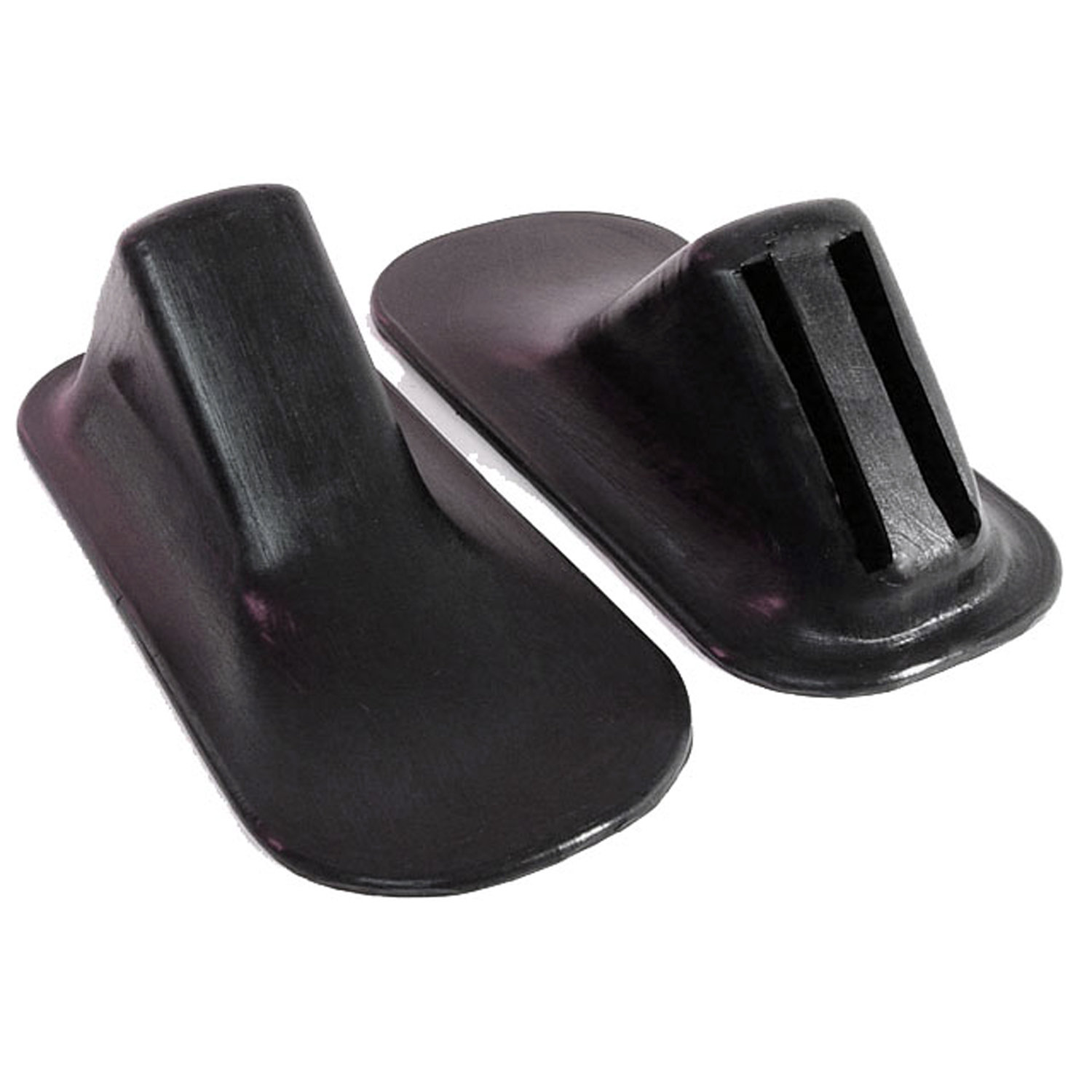 1937 Lincoln Zephyr Front Bumper Arm Grommets-BG 112Front Bumper Arm Grommets. 2-3/8" wide X 5-5/8" long, with 2-1/2" long inner slot. Pair R&L
1937 Lincoln Zephyr Front Bumper Arm Grommets-BG 112Front Bumper Arm Grommets. 2-3/8" wide X 5-5/8" long, with 2-1/2" long inner slot. Pair R&L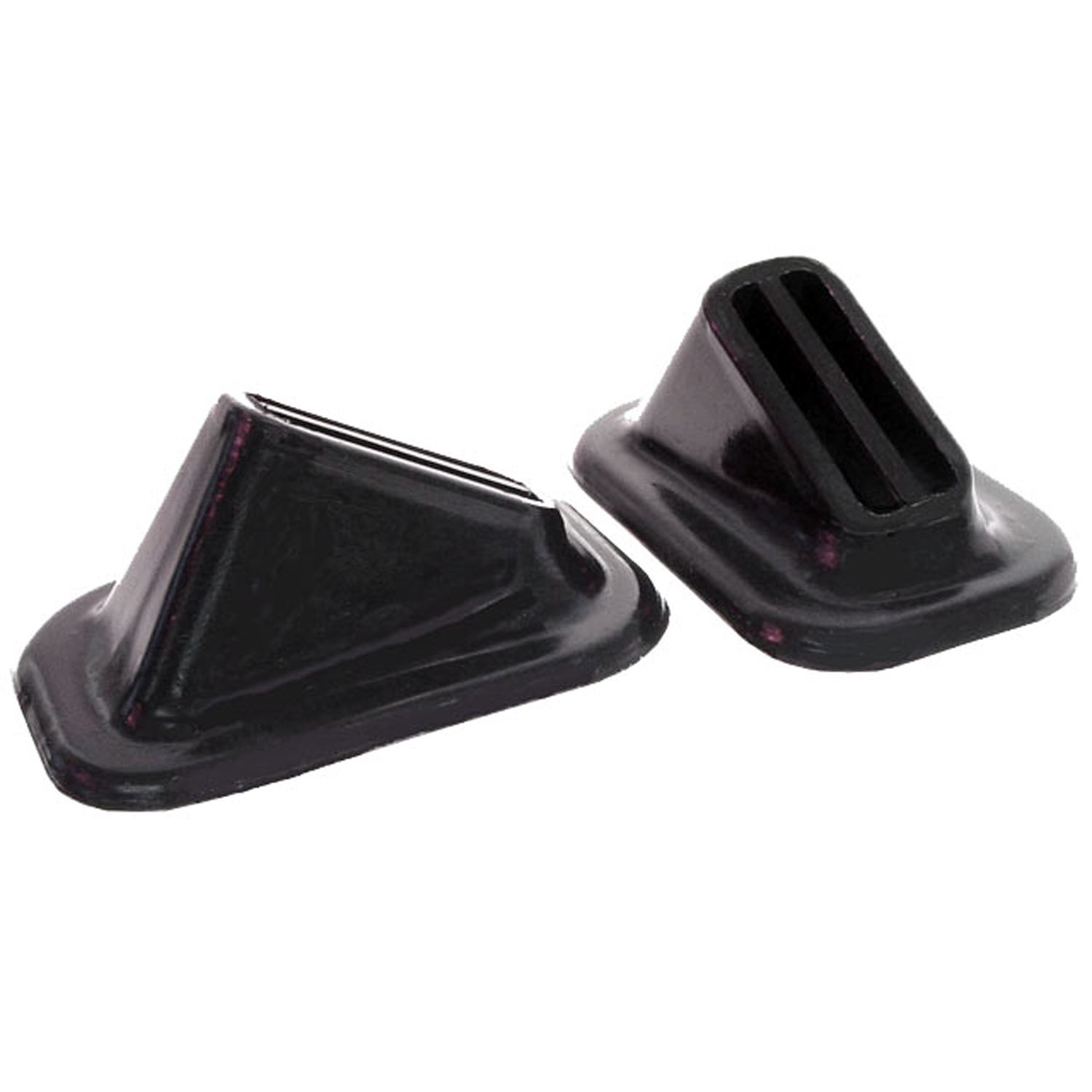 1937 Lincoln Zephyr Rear Bumper Arm Grommets-BG 112-ARear Bumper Arm Grommets. 3" wide X 4-1/2" long, with 2-1/2" long inner slot. Pair R&L
1937 Lincoln Zephyr Rear Bumper Arm Grommets-BG 112-ARear Bumper Arm Grommets. 3" wide X 4-1/2" long, with 2-1/2" long inner slot. Pair R&L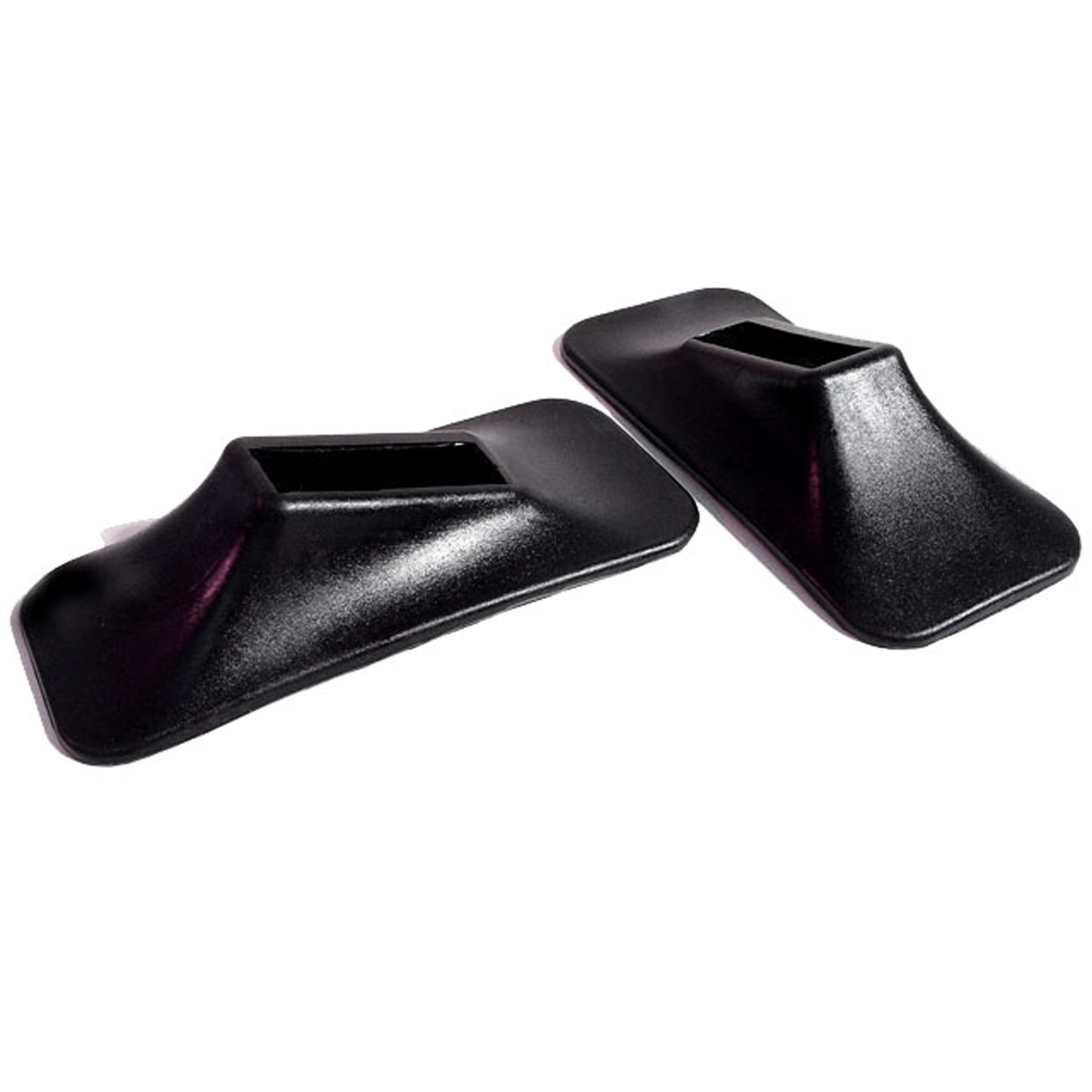 1937 Lincoln Zephyr Front Bumper Arm Grommets-BG 47Front Bumper Arm Grommets. 2" wide X 4-1/2" long, with 1-3/4" long inner slot. Pair
1937 Lincoln Zephyr Front Bumper Arm Grommets-BG 47Front Bumper Arm Grommets. 2" wide X 4-1/2" long, with 1-3/4" long inner slot. Pair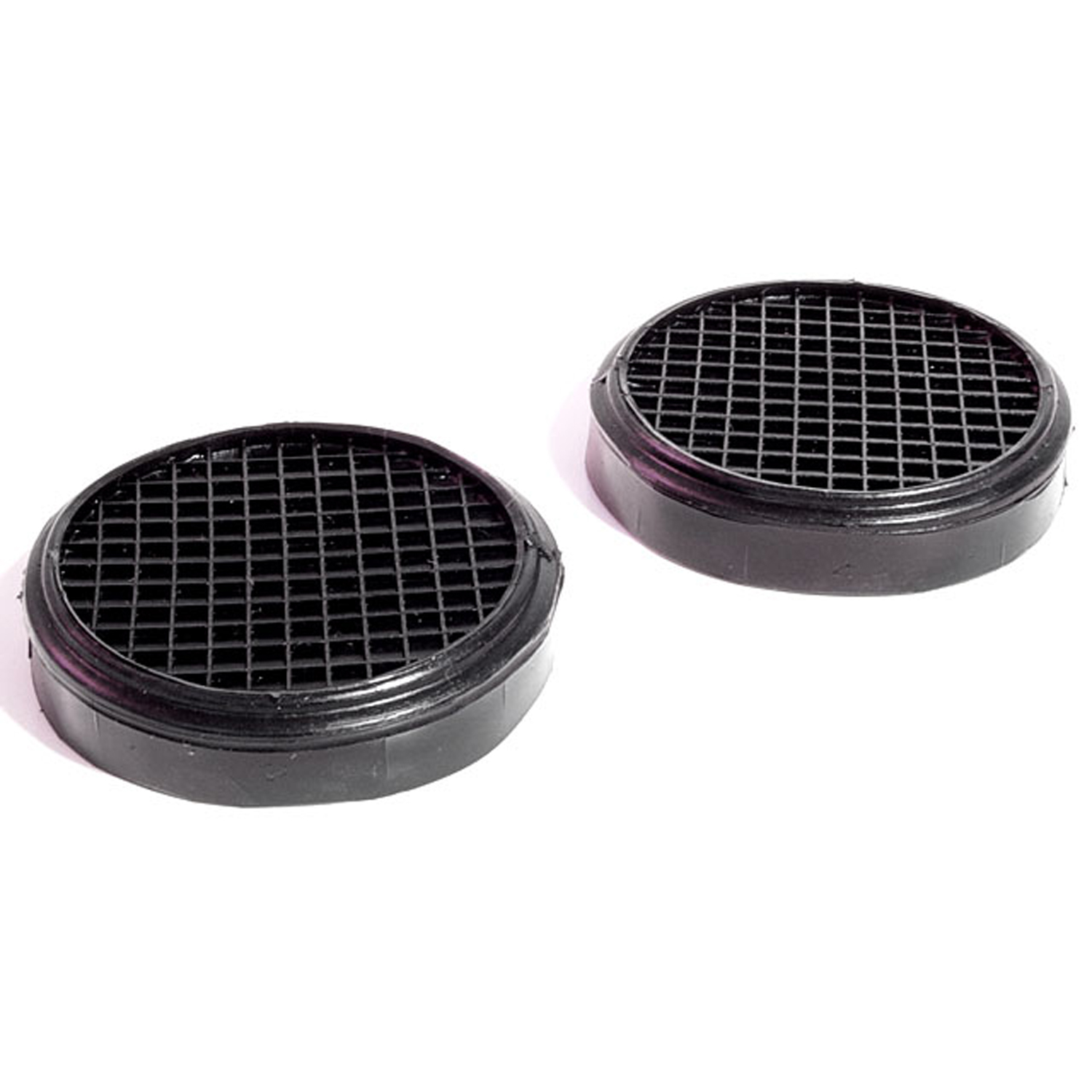 1937 Lincoln Zephyr Clutch and Brake Pedal Pads. 3-1/2" Diameter. Pair-CB 62Clutch and Brake Pedal Pads. 3-1/2" Diameter. Pair
1937 Lincoln Zephyr Clutch and Brake Pedal Pads. 3-1/2" Diameter. Pair-CB 62Clutch and Brake Pedal Pads. 3-1/2" Diameter. Pair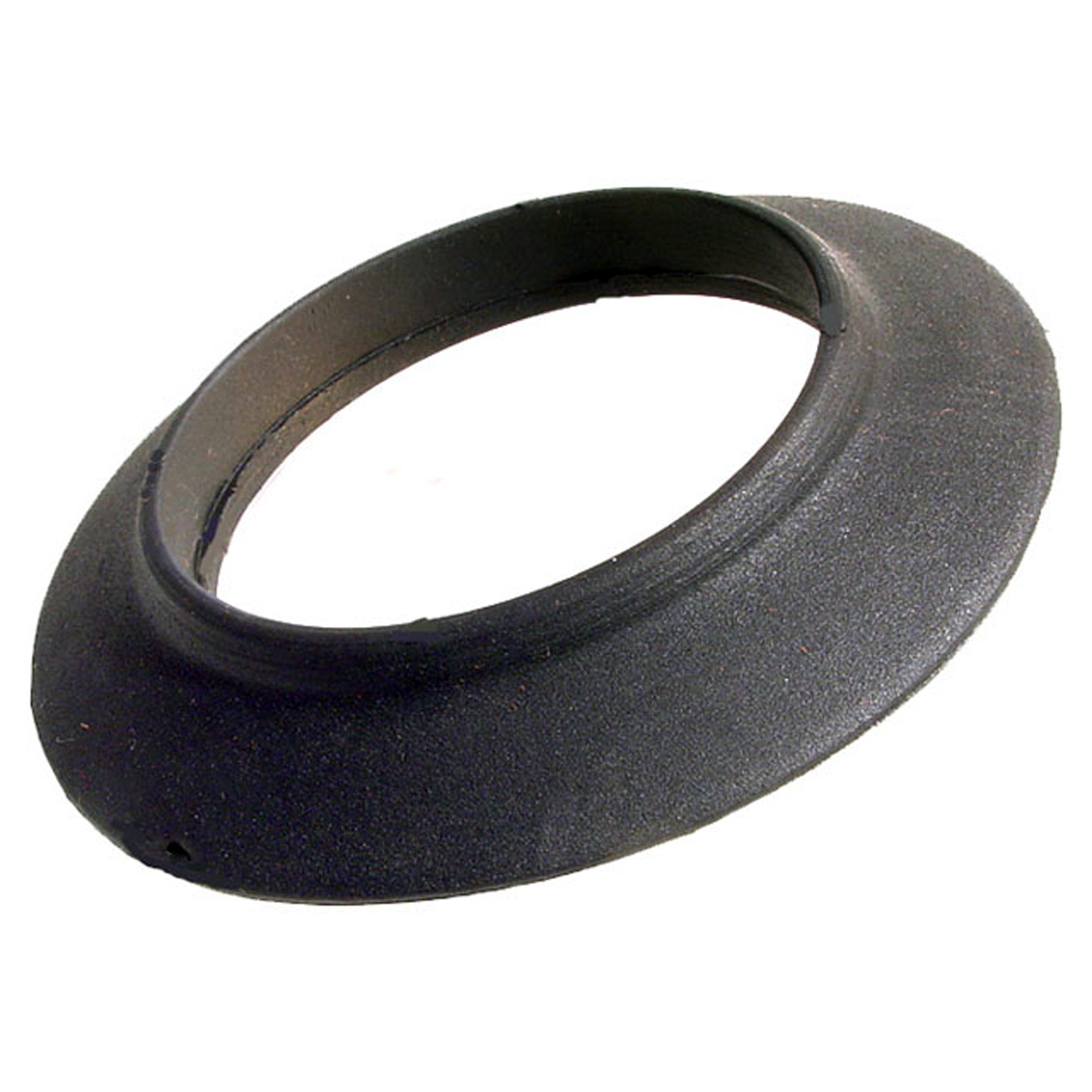 1937 Lincoln Zephyr Gas Filler Grommet. 2-1/2" I.D., 4-1/8" O.D. Each-GF 24Gas Filler Grommet. 2-1/2" I.D., 4-1/8" O.D. Each
1937 Lincoln Zephyr Gas Filler Grommet. 2-1/2" I.D., 4-1/8" O.D. Each-GF 24Gas Filler Grommet. 2-1/2" I.D., 4-1/8" O.D. Each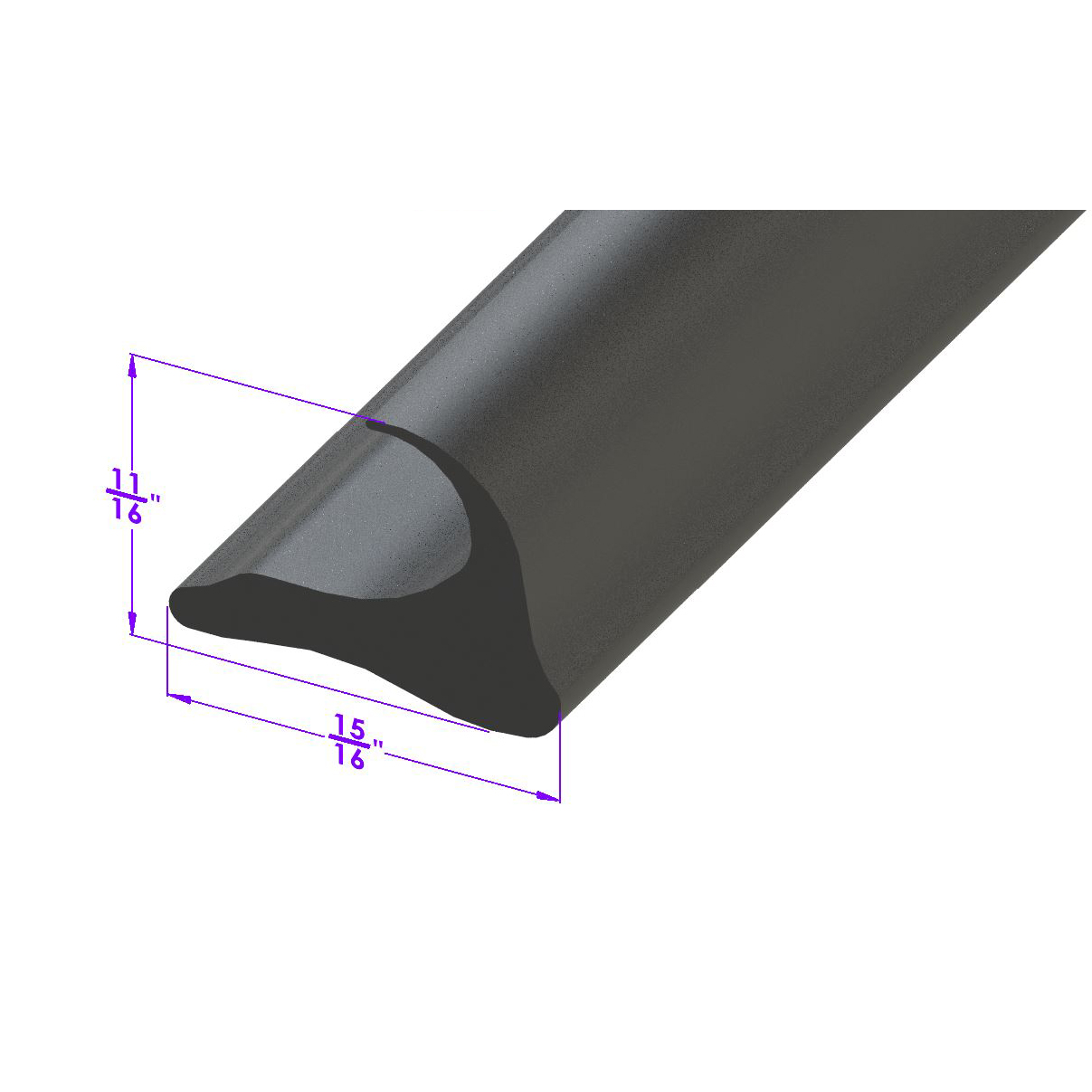 1937 Lincoln Zephyr Side Roof Rail Seal. Fits in metal retainer-LP 12-ASide Roof Rail Seal. Fits in metal retainer. Sold by the foot
1937 Lincoln Zephyr Side Roof Rail Seal. Fits in metal retainer-LP 12-ASide Roof Rail Seal. Fits in metal retainer. Sold by the foot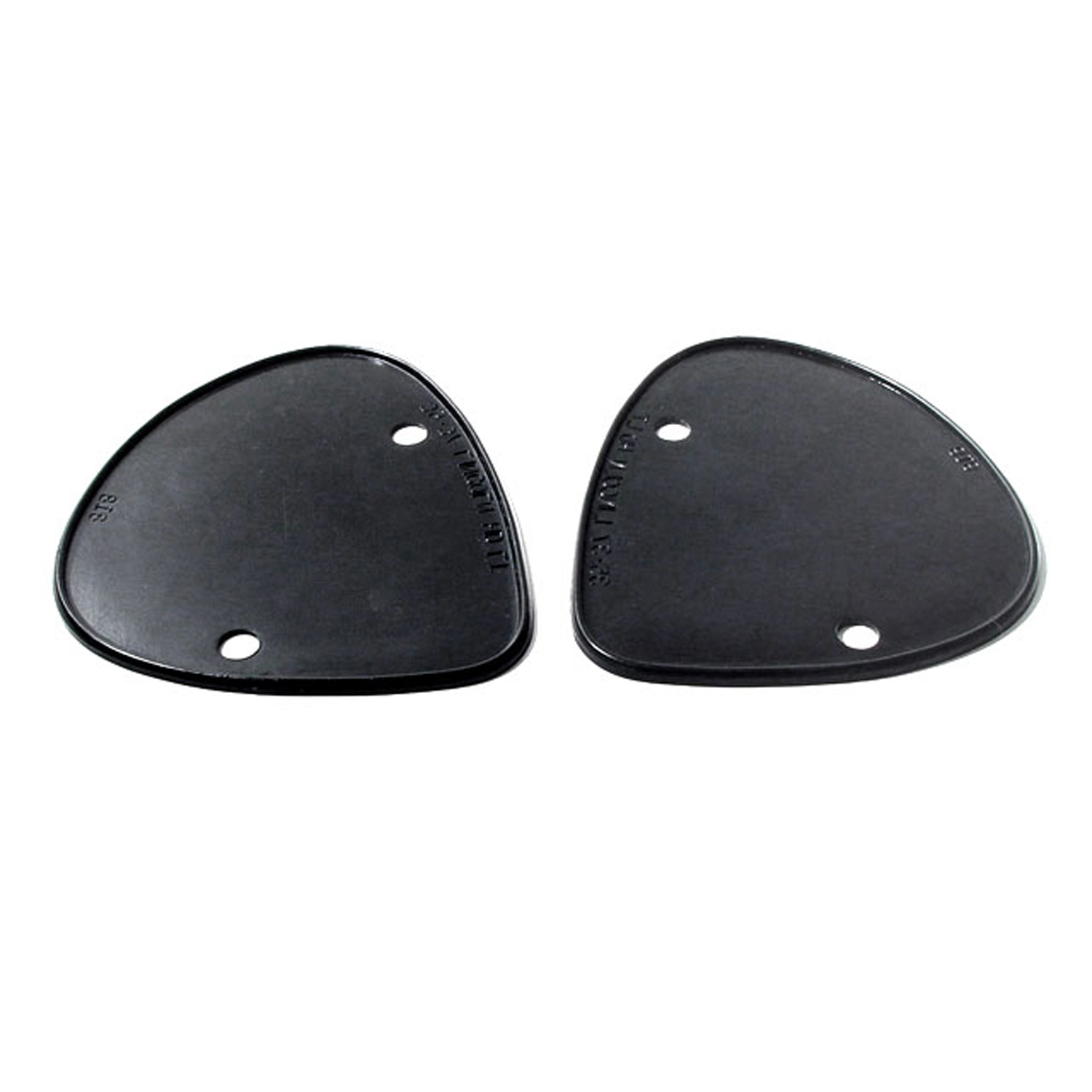 1937 Lincoln Zephyr Headlight Pads. 5-1/8" wide X 6-1/8" long. Pair-MP 818Headlight Pads. 5-1/8" wide X 6-1/8" long. Pair
1937 Lincoln Zephyr Headlight Pads. 5-1/8" wide X 6-1/8" long. Pair-MP 818Headlight Pads. 5-1/8" wide X 6-1/8" long. Pair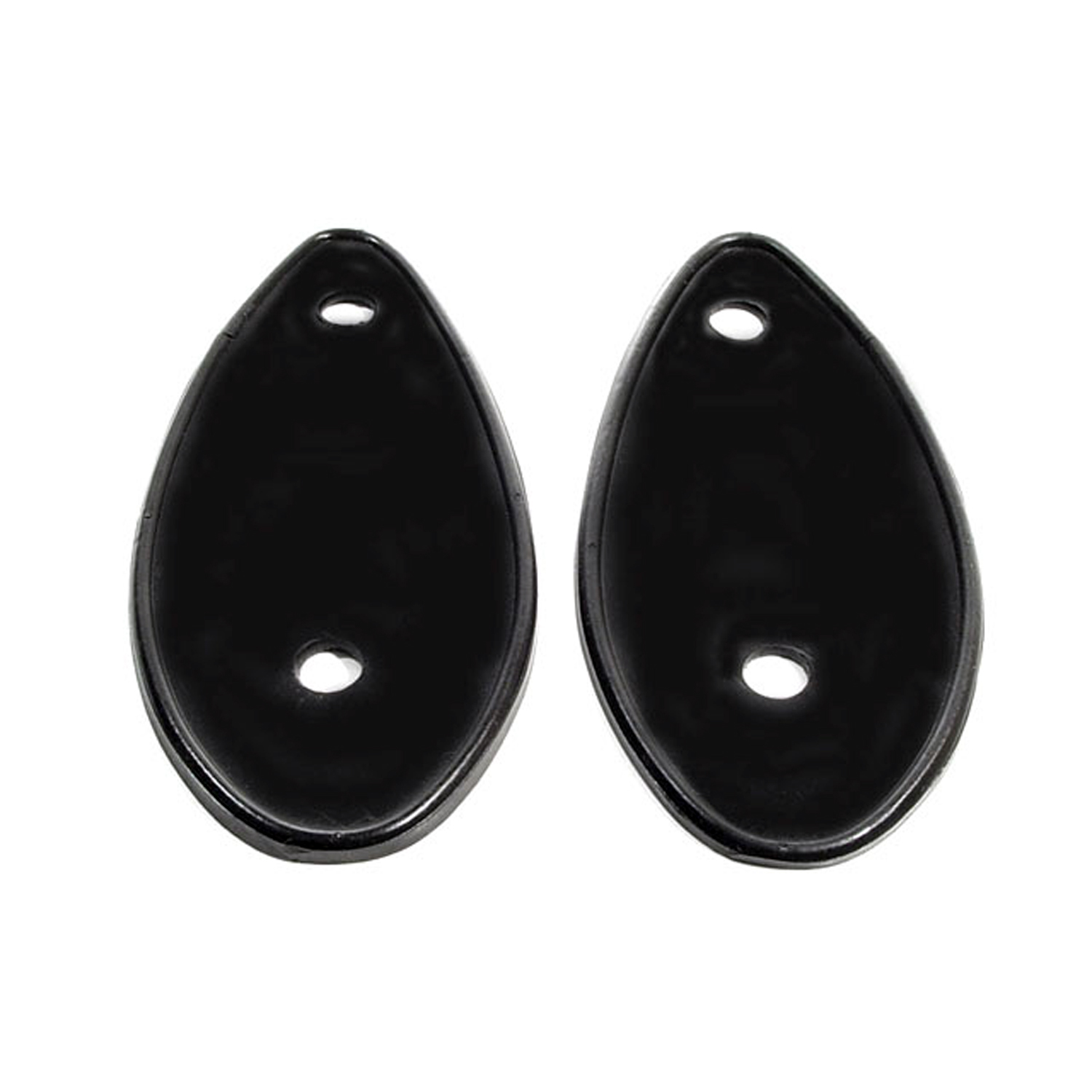 1937 Lincoln Zephyr Tail-light Pads. 2-3/4" wide X 5-3/4" long. Pair-MP 819Tail-light Pads. 2-3/4" wide X 5-3/4" long. Pair
1937 Lincoln Zephyr Tail-light Pads. 2-3/4" wide X 5-3/4" long. Pair-MP 819Tail-light Pads. 2-3/4" wide X 5-3/4" long. Pair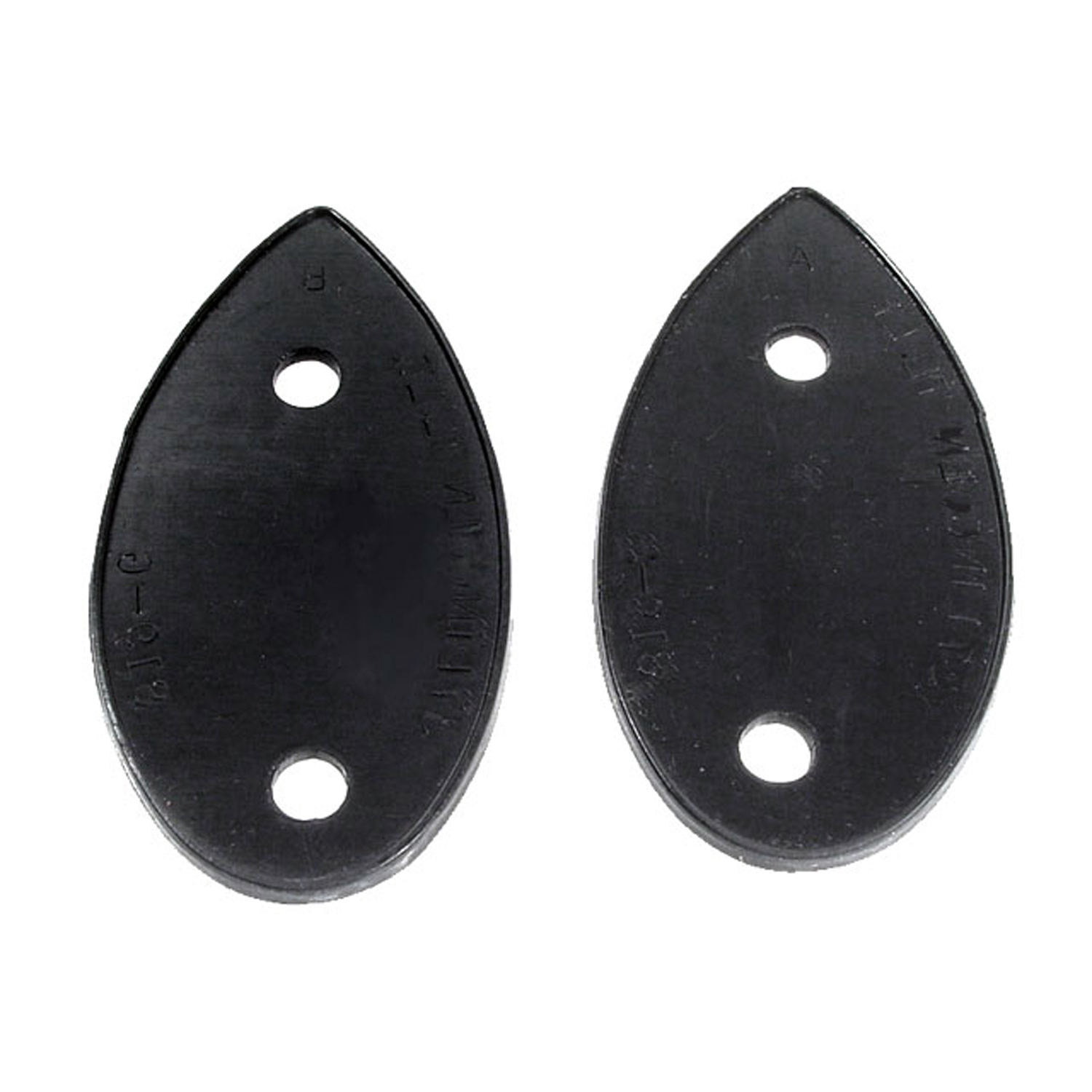 1937 Lincoln Zephyr Tail-light Pads. 2-1/2" wide X 4-3/4" long. Pair-MP 819-GTail-light Pads. 2-1/2" wide X 4-3/4" long. Pair
1937 Lincoln Zephyr Tail-light Pads. 2-1/2" wide X 4-3/4" long. Pair-MP 819-GTail-light Pads. 2-1/2" wide X 4-3/4" long. Pair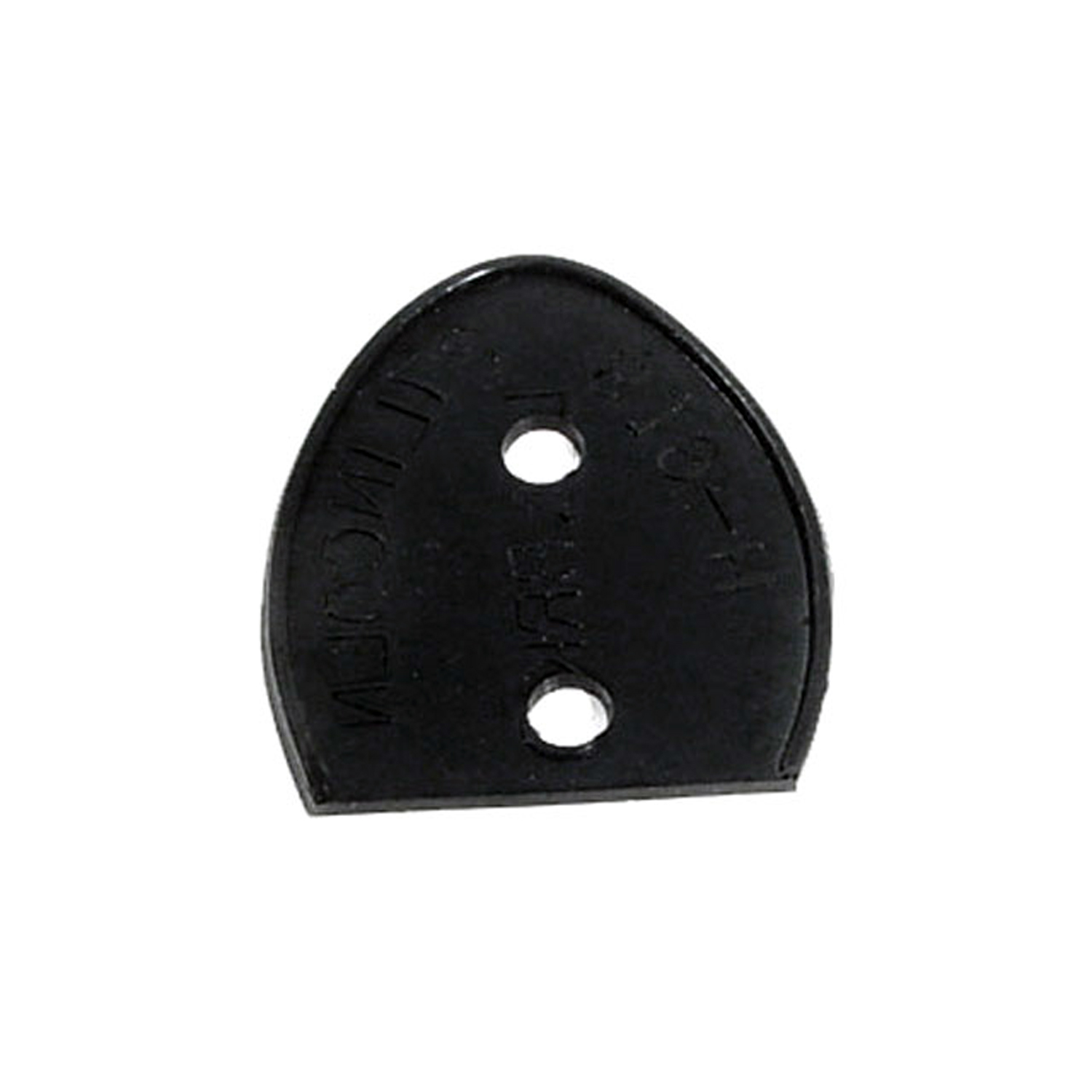 1937 Lincoln Zephyr License Light Pad. 1-3/4" wide X 2" long. Each-MP 819-HLicense Light Pad. 1-3/4" wide X 2" long. Each
1937 Lincoln Zephyr License Light Pad. 1-3/4" wide X 2" long. Each-MP 819-HLicense Light Pad. 1-3/4" wide X 2" long. Each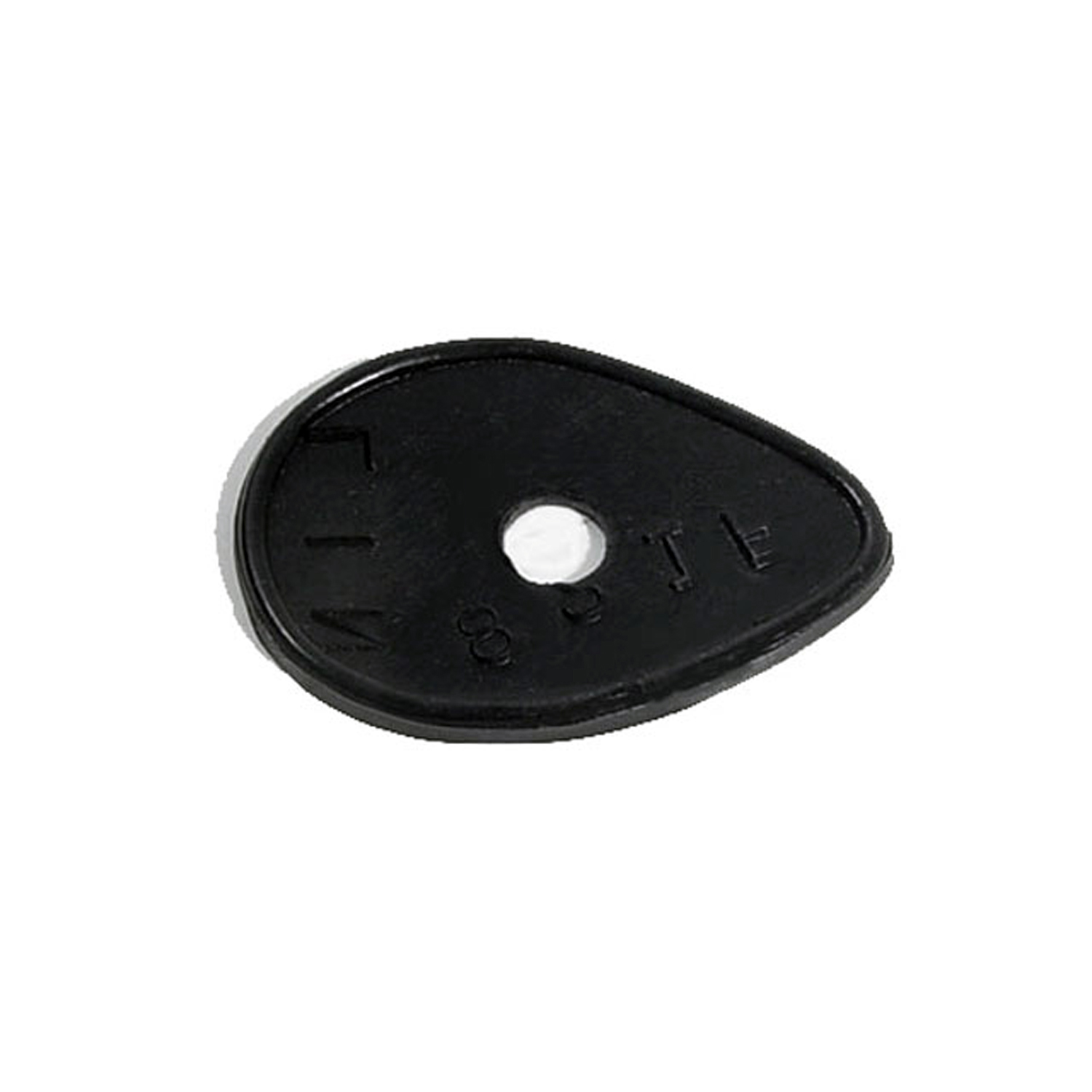 1937 Lincoln Zephyr Rear View Mirror Pad. 1-1/2" wide X 2" long. Each-MP 821-FRear View Mirror Pad. 1-1/2" wide X 2" long. Each
1937 Lincoln Zephyr Rear View Mirror Pad. 1-1/2" wide X 2" long. Each-MP 821-FRear View Mirror Pad. 1-1/2" wide X 2" long. Each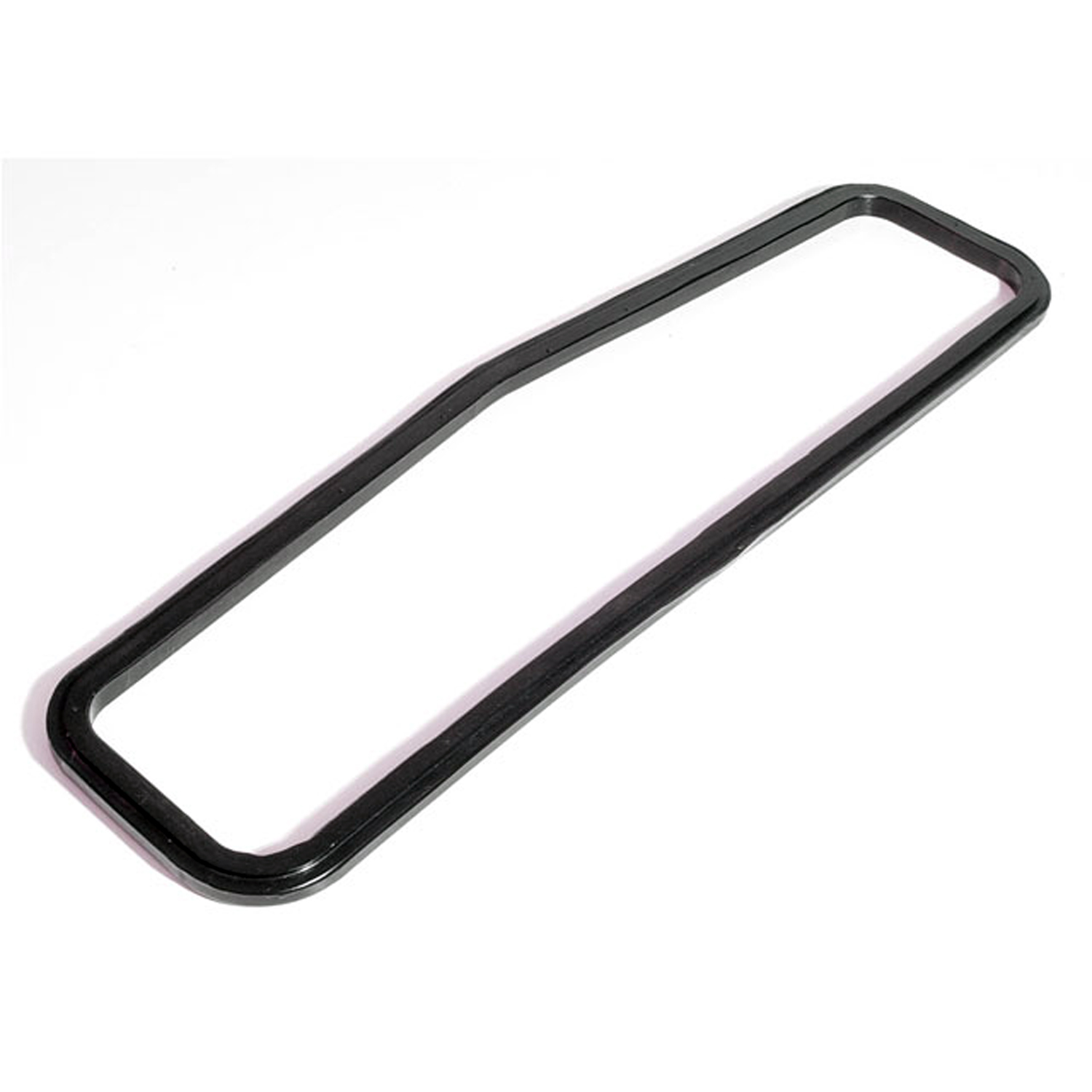 1937 Lincoln Zephyr Cowl Vent Seal. Made of soft rubber. All original details-RP 100-RCowl Vent Seal. Made of soft rubber. All original details. 4-3/8" wide at side X 17-5/8" long. Each
1937 Lincoln Zephyr Cowl Vent Seal. Made of soft rubber. All original details-RP 100-RCowl Vent Seal. Made of soft rubber. All original details. 4-3/8" wide at side X 17-5/8" long. Each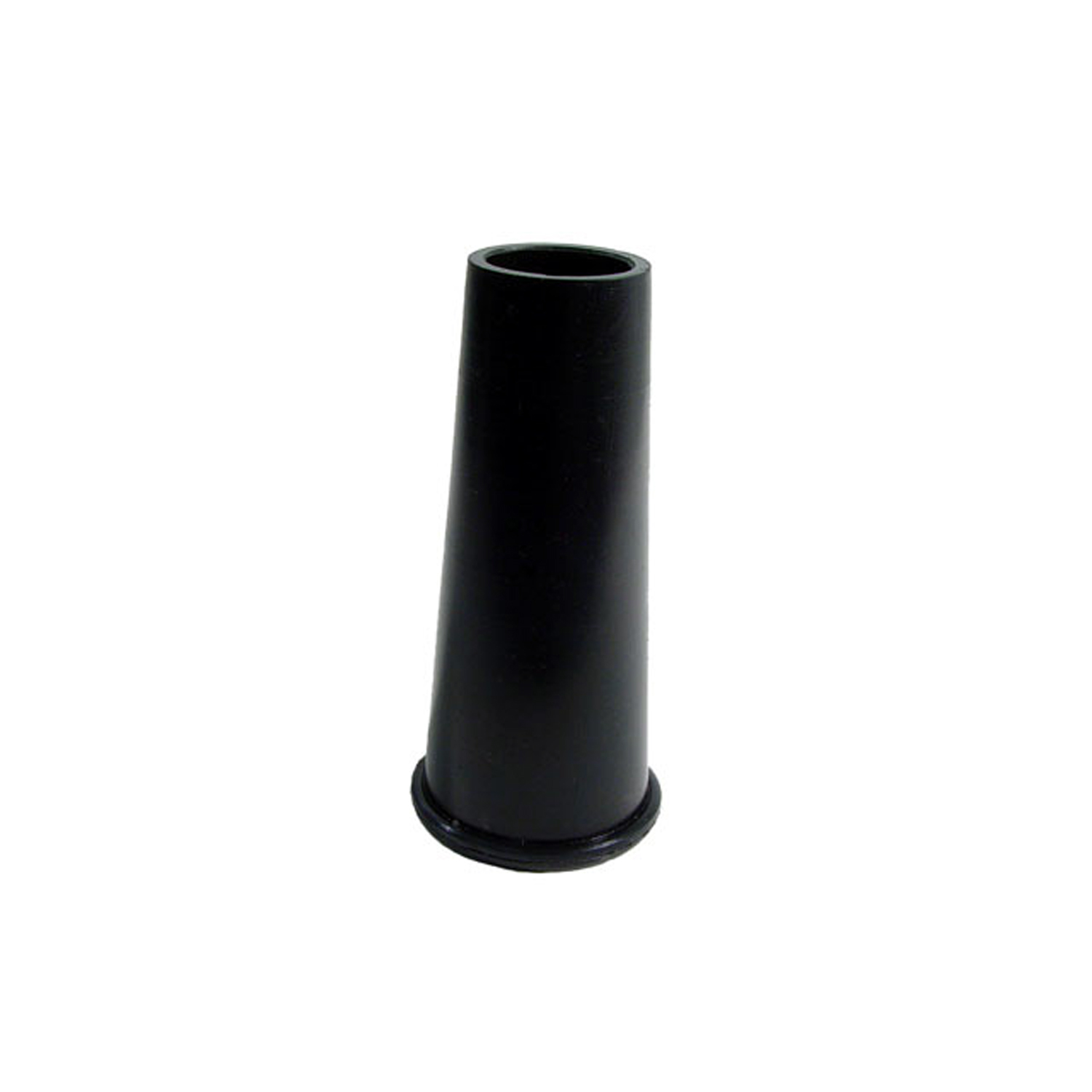 1937 Lincoln Zephyr Distributor Ignition Boot. 3-1/8", 1-1/4" O.D., 3/4" I.D-SM 65-DDistributor Ignition Boot. 3-1/8", 1-1/4" O.D., 3/4" I.D. Each
1937 Lincoln Zephyr Distributor Ignition Boot. 3-1/8", 1-1/4" O.D., 3/4" I.D-SM 65-DDistributor Ignition Boot. 3-1/8", 1-1/4" O.D., 3/4" I.D. Each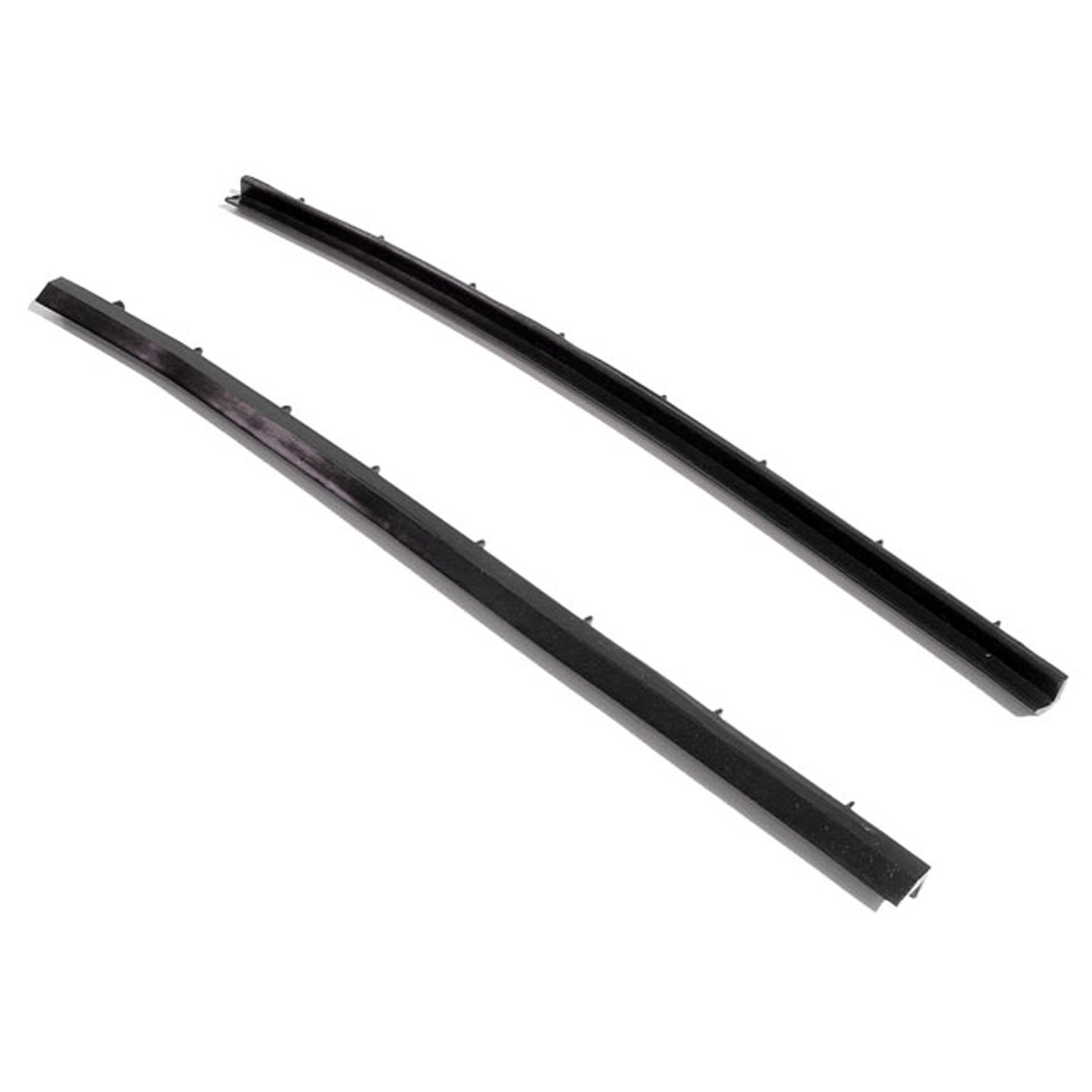 1937 Lincoln Zephyr Vertical Seals for Front Vent Window-VS 6-CVertical Seals for Front Vent Window. Made with steel core and bend-over tab. Pair
1937 Lincoln Zephyr Vertical Seals for Front Vent Window-VS 6-CVertical Seals for Front Vent Window. Made with steel core and bend-over tab. PairWhy Choose Metro?
For over 100 years, Metro Moulded Parts has been the pinnacle of quality in classic car restoration parts. Our commitment to precision and authenticity in every component ensures a perfect fit and an OEM-level appearance.
- Expert Craftsmanship & Quality: Each part is a testament to our dedication to reliability and perfection, crafted from original designs and thoroughly tested.
- Advanced Technology: We use cutting-edge techniques to create flawless, long-lasting parts that surpass others in performance.
- SuperSoft Sponge – The Ultimate Door Seal: Not only are our door seals 30% softer than competitors', but they're also guaranteed to never leak. They effectively reduce wind and road noise, enhancing your classic car's comfort and driving experience.
- Proudly American: Our parts are a product of American craftsmanship, made in the USA with a spirit of excellence and heritage.
- Unrivaled Warranty: We back our products with a 30-year industry-leading warranty, a testament to our confidence in their quality.
Join us in preserving the legacy of classic cars with parts that are crafted for perfection, not just made.

